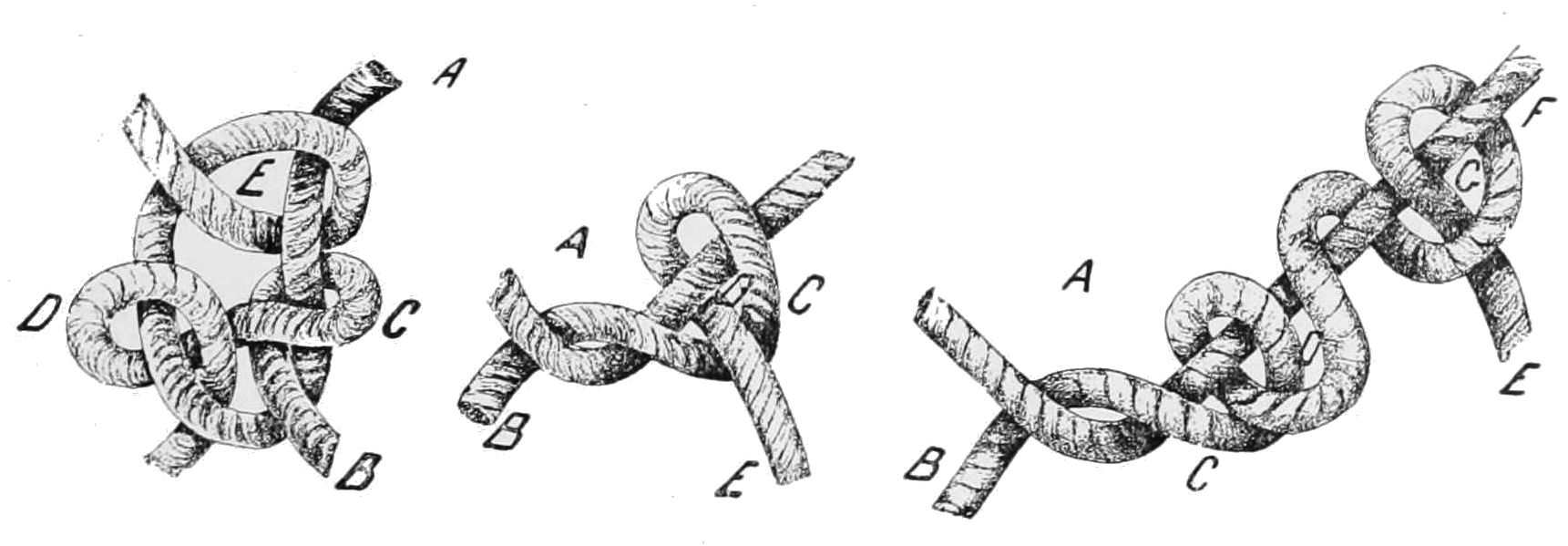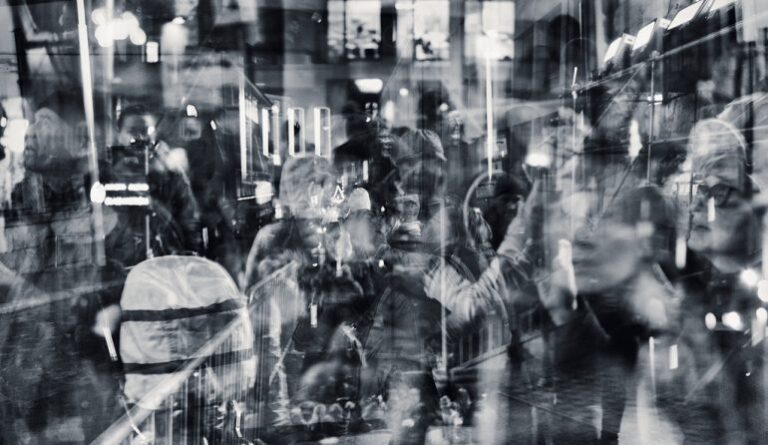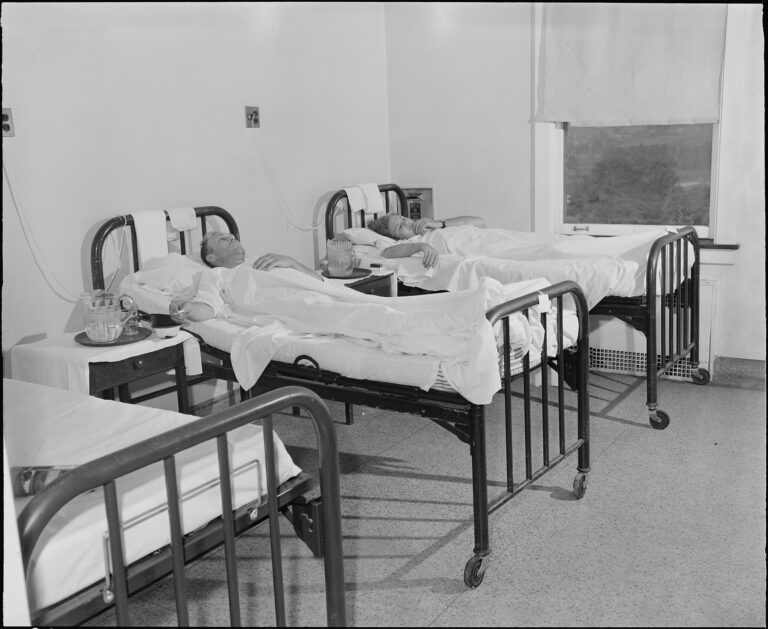The Economic Crisis and Survival of Greek Letters Part 2: Growing Up

Like most good things in my life, I stumbled upon Yiorgos Chouliaras’ poem, “Grow Up,” by accident. It came to me like one of the great gifts from the literary Gods—in an e-mail no less. I read it, I loved it, I printed it out and taped it to my office wall, if only for my students to read and freak out about while I’m grading their papers. It is a beautifully dark, impossibly unhinged poem. It’s about Greece, it’s about the crisis, but more than that it’s about the layers of that word, crisis. It goes like this:
GROW UP
(First summary of a life’s work)
A person sits on a chair. A piece of rope, with a noose around his neck, is tied to the branch of a tree, which does not exceed the height of the person sitting, who is watering it in order to grow so that, if he stands on the chair and kicks it away, he will hang.
(Second summary of a theatrical work’s life)
The sitting person does not talk. Neither does the tree, even though both are thinking in their own way. If the tree grows fast, the sitting person with the noose will hang. If, however, the sitting person grows faster, will he uproot the tree?
(Third summary)
What does a tree expect from a person? To water it in order to grow, so that he can hang from it, even if he must fold his knees, if there is no other way? Let no one expect a tree to untie a person, even if it breaks its branch so the rope can get untied, because someone else made the noose.
Translated by David Mason & the author
from Crisis: Greek Poets on the Crisis, ed. Dinos Siotis, Smokestack Books, 2014
Take a minute, go hug your loved ones. Alright, now that you’re back—WTF, man! Indeed.
Let me do the teacher thing real quick:
The poem functions on a single truth: to stay still is to die; to leave, to take off the noose, is to survive. But then comes that question in the last part of the poem: “What does a tree expect of a person?” In other words, what does a tree—which I read to be a metaphor for the Greek state—expect of its subject? It hopes to survive, but it hopes for nothing else. A tree is a tree. Its thoughts are consumed by its watering, its continued existence. And everything projected onto the tree by the person is what makes the tree fatal.
This is not an indictment on the person or the tree so much as the situation in which the poet finds his or herself given their line of work and the kind of tree he or she finds himself under. Given that the poem is driven by the concept of crisis, “First summary of a life’s work” might be retitled, “Life’s Call to Poetry In the Context of Greece.” “Second Summary of a theatrical work’s life” might be retitled, “The Life of a Greek Poet.” “Third Summary” might simply be retitled, “The Truth.”
The narrative of the poem parallels the narrative surrounding so much of Greek letters written during the military junta between 1964 and 1974, a period during which Chouliaras himself, as well as his contemporaries, found themselves writing abroad. To leave or to die was real then just as, in some cases, it is today in the context of the current economic crisis. But then there was, as there is now, still the anxiety, the crisis, of literally uprooting oneself to continue one’s work elsewhere. In other words, there is a certain crisis in the poet leaving Greece to survive—physically or economically. This is the crux of “Grow Up”—“If, however, the sitting person grows faster, will he uproot the tree?”
For the tree to bend toward the poet is one of the great hopes of this poem. Really, I’d argue, one of the great hopes of poetry: the idea that poetry can change things, topple regimes, even salvage the self.
Think on that for a second. What if the tree bent toward the poet? What if the poet grew to uproot the tree with the same rope from which he or she was expected to hang? What if the poet took off the noose? What if poetry could salvage everything?
I think Chouliaras is saying, To remove the noose is not an option. You have to remove the noose.
In the current state of things, that noose could be a metaphor for a million things plaguing Greece, the biggest being austerity in its many forms. Or Germany. Or the European Union at large. And, of course, the way all of that affects the arts.
For the Greek writer, removing the noose produces some kind of crisis, sure. But the silver lining is that crisis can be transformative. Writers can, and often do, build from the materials that harm them.
Some might say physical harm and economic oppression are two different kinds of violence, but I think life and livelihood are more interlinked than not. Economic oppression, in whatever form it comes in, is definitely a kind of violence. For better or worse, the shared history of the Greek economic crisis is a thing that has been thrust upon the new generation of Greek writers.
I wonder if that can be a kind of violence itself. Having the noose thrust upon a science fiction writer, say, or a historian. My hope for Greek letters, like my hope for Latin American letters, is that that shared history of the noose can only propel the writing forward, upward. According to Chouliaras, it’s not really an option. The pen must be wielded;0 that noose, too, must be shook.


